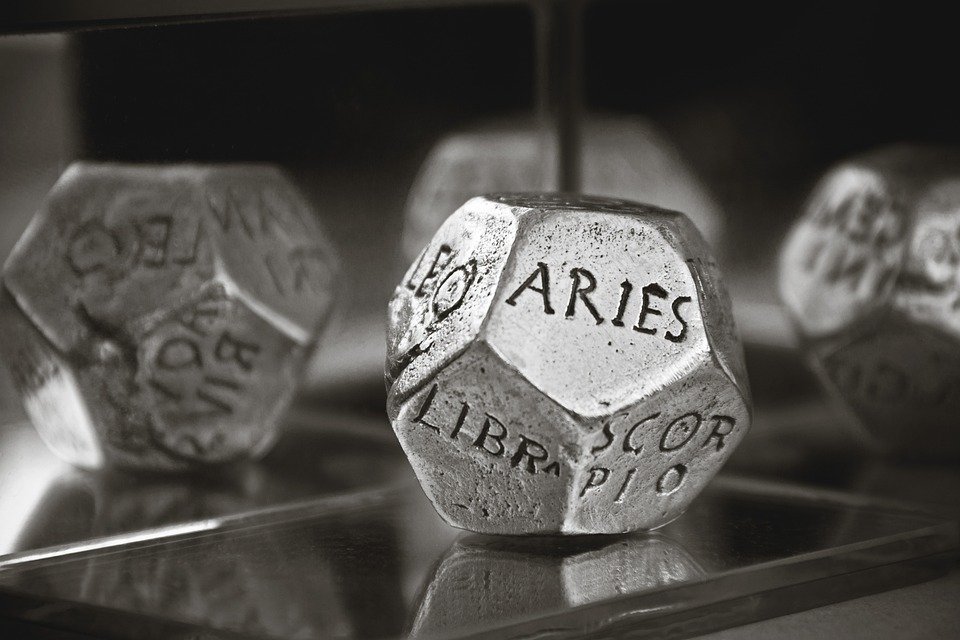blockchain technology has been making waves in various industries, and the gaming sector is no exception. Blockchain gaming has emerged as a new trend that is revolutionizing how players and developers interact in the gaming world. By leveraging the power of blockchain, this innovative concept is empowering both players and developers, creating a more transparent and rewarding gaming experience.
So, what exactly is blockchain gaming? In simple terms, it refers to games that are built on blockchain technology, which is a decentralized and transparent digital ledger. Unlike traditional games, where players have limited control over in-game assets, blockchain gaming gives players true ownership and control over their virtual assets.
One of the key features of blockchain gaming is the concept of non-fungible tokens (NFTs). NFTs are unique digital assets that can represent in-game items, characters, or even entire game worlds. These tokens are stored on the blockchain, making them verifiable, transparent, and impossible to duplicate. Players can buy, sell, or trade these NFTs with other players, creating a thriving virtual economy.
For players, blockchain gaming offers several advantages. Firstly, it allows them to truly own their in-game assets. In traditional games, players invest time and money into acquiring rare items or characters, but they don’t actually own them. With blockchain gaming, players have full ownership and control over their virtual possessions, which can be a significant motivation for players to invest in the game.
Additionally, blockchain gaming introduces a new level of transparency. As all transactions and ownership records are stored on the blockchain, players can easily verify the authenticity and scarcity of their assets. This eliminates the risk of fraud or scams, creating a more trustworthy and secure environment for gamers.
Blockchain gaming also presents unique opportunities for developers. By leveraging blockchain technology, developers can create games with decentralized architectures, allowing for greater community participation and collaboration. This can range from players contributing to the development process to collectively governing the game’s rules and mechanics.
Furthermore, blockchain gaming opens up new revenue streams for developers. Through the creation and sale of NFTs, developers can generate additional income and establish sustainable business models. Players are willing to invest real money in acquiring rare and valuable NFTs, which can provide a steady revenue stream for developers long after the initial game release.
Building on the blockchain can also enhance the longevity of games. Traditional games often suffer from server shutdowns or discontinued support, leaving players with lost progress and investments. With blockchain gaming, the decentralized nature ensures that games can continue to exist even if the developer ceases operations. The community can take over and continue to maintain and develop the game, ensuring its longevity.
Despite the numerous benefits, blockchain gaming is still in its infancy, and there are challenges to overcome. Scalability and high transaction costs are among the key concerns that need to be addressed for wider adoption. However, as the technology evolves, these challenges are being addressed, and blockchain gaming is gaining traction among both players and developers.
In conclusion, blockchain gaming is empowering players and developers alike by offering true ownership, transparency, and new revenue opportunities. By leveraging blockchain technology, gaming experiences are becoming more immersive, rewarding, and community-driven. As this innovative concept continues to evolve, we can expect to see more exciting and revolutionary games in the future.

